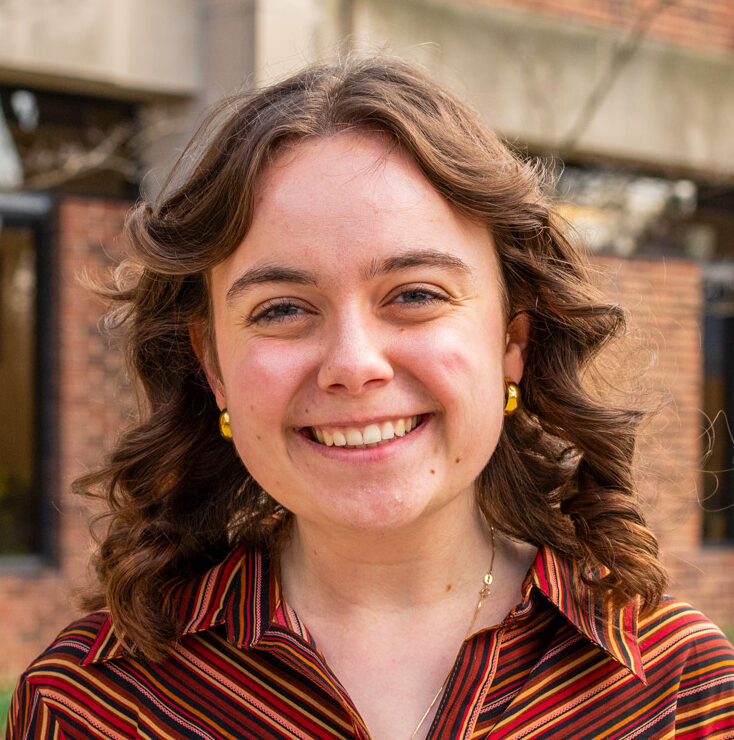The other day, I ran three miles, sat down for a few minutes to stretch, and then got up to head home. On the walk back, it suddenly occurred to me how insane it was that I could casually run a 5K on a random Tuesday when, at one point in my life, I couldn’t have even imagined running a mile.
For the majority of my life, I have struggled to find any joy in moving my body. When I think back on my childhood, many of the memories associated with exercise are clouded by a sense of dread and revulsion. I truly hated exercise, but what I hated even more, what contributed greatly to my dread, was physical education.
P.E. was never really fun for me. Even when we did activities I enjoyed, I never felt as skilled as the other kids. It was always frustrating to feel like I couldn’t keep up or, worse, that I was bringing the others down just by existing and trying my best.
I particularly dreaded the days we would trudge out to the track to run a timed, and sometimes graded, mile — usually as part of the Presidential Fitness Test. To this day, I honestly can’t express how awful those experiences were for me. I remember the tightening of my chest as we all gathered around the starting line, the way my stomach dropped as classmate after classmate passed and lapped me, and the way that, afterward, my body burned with both exhaustion and shame.
I was so bad at running. I knew it, and so did everyone else. Those mile runs felt like a display of my inability, an exhibition constructed to make me feel bad about myself. In fact, all of P.E. class felt like that to me. I wasn’t as athletic as my peers, so I began at the bottom, and no one ever taught me how to improve, so I stayed at the bottom.
P.E. decimated my sense of self-esteem, especially when it came to exercise. I began to assume that my lack of skill was innate, which made me so ashamed that I started avoiding exercise entirely. Even today, playing games or exercising in groups still makes me nervous and embarrassed.
A few years ago, I decided that I wanted to reclaim running for myself, as a way of healing my younger self. I thought that if I could just get myself to like running, something I notoriously hated, that I could finally overcome that sense of shame and anxiety that always accompanied exercise.
And, you know what? I did it.
I taught myself to run. I taught myself how to improve. I taught myself how to find joy in exercise, how to think of running a mile without a sense of paralyzing dread. It took years, and many, many failed attempts, but I did it. All by myself.
But it didn’t have to be that way. In fact, it shouldn’t have had to be that way.
My P.E. classes in school should have taught me how to run. They should have encouraged me to be active and they should have provided me with techniques for how to improve in areas where I struggled. But I didn’t get any of that, and it was extremely detrimental to me for many years after my last P.E. class ended.
It is widely recognized that P.E. has the potential to positively contribute to students’ mental health and educational success. The National Institute of Health reports that the regular physical activity promoted by P.E. classes can boost students’ self-confidence and reduce rates of anxiety and depression, which often results in improved school performance.
However, in order to obtain these positive outcomes, P.E. classes need to be built on a supportive framework that acknowledges and cultivates the different levels of students’ athleticism and exercise knowledge and experience. PE classes cannot continue to be built on shame and pressure, or they will continue to destroy adolescent self-esteem, much in the way I experienced.
P.E. classes should be graded based on participation and improvement, not how much someone can physically do. It should teach kids how to play, how to improve and, most importantly, how to find joy in staying healthy.
I found a way to love exercise despite P.E. I believe that, with a few small changes, someday, some kid, who is just like me, will learn to love exercise because of P.E.




